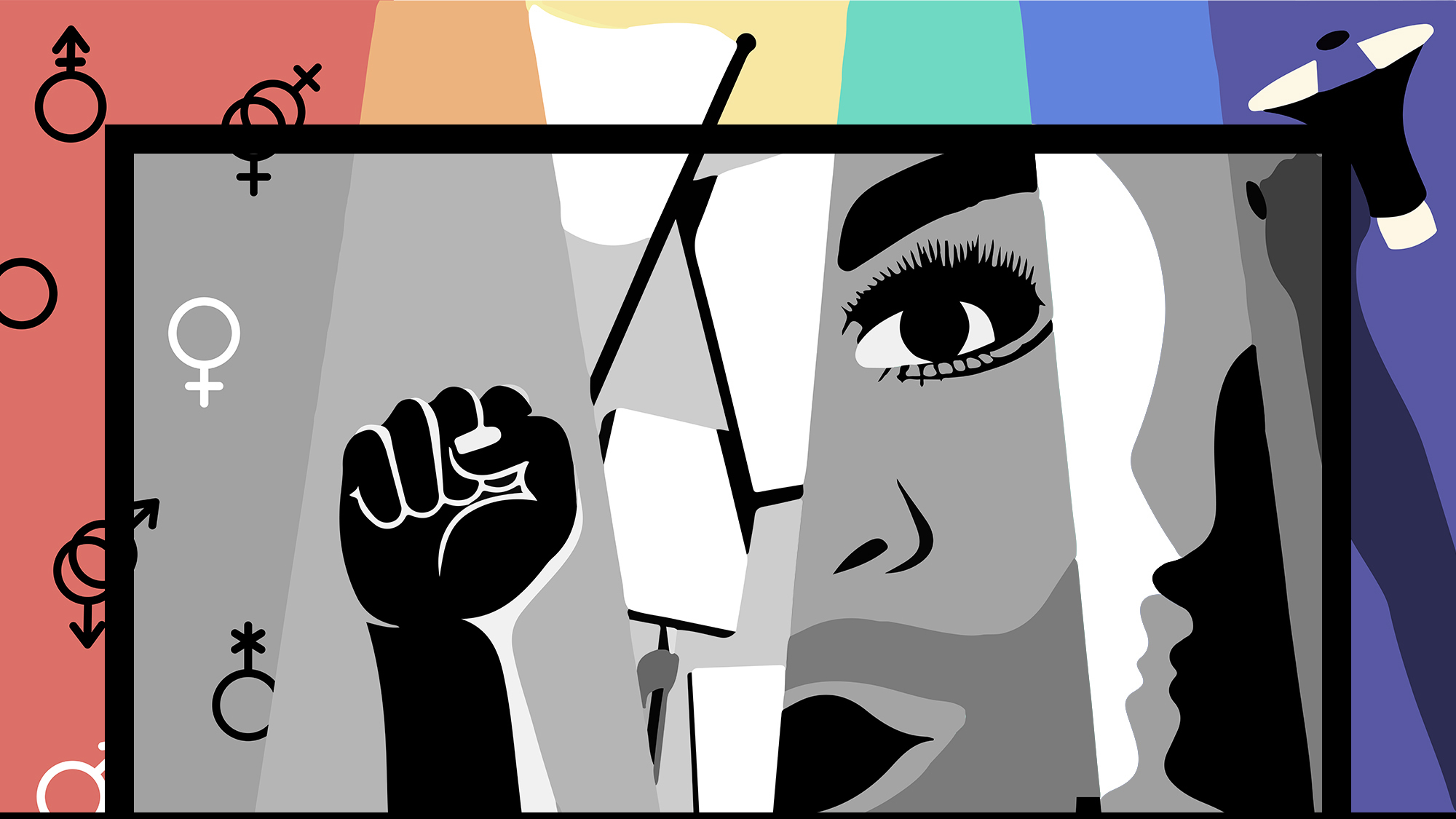Original article published on Why Not website
The citizens’ association “Why Not” introduced a new publication titled “Gender and Identity-Based Disinformation in Bosnia and Herzegovina.” The research aimed to identify the most common disinformation and develop resources to assist human rights organizations, media, and the general public in recognizing and building resilience against them.
The research revealed that gender and identity-based disinformation (GiD) is present online in Bosnia and Herzegovina. It was found that nearly 60% of such disinformation targeted women, while over 40% focused on LGBTIQ individuals and groups. GiD served two main purposes: discrediting specific marginalized communities and employing gendered narratives for various political and social objectives. Disinformation targeting LGBTIQ individuals and groups was slightly more common as a tool for achieving specific goals, whereas disinformation about women was most commonly used to target them.
The most frequent specific target within the LGBTIQ category was the Bosnia and Herzegovina Pride March. It was also shown that disinformation about LGBTIQ intensified around the marches.
Research identified various categories of GiD, or in other words, various narratives that this type of disinformation promotes or relies on.
One of the most prevalent narratives identified was anti-Western, where the West is presented as a corrupt and immoral society that is threatening to maintaining “natural” gender roles and traditional values. Disinformation about women and LGBTIQ individuals was used to promote an anti-Western agenda, presenting them as a threat to “traditional lifestyle” through accusations of immorality.
The study’s authors, Nerma Šehović and Maida Salkanović, emphasized the importance of being aware of disinformation narratives in the public space in order to be able to develop any sort of mechanism that can effectively respond to them.
Šehović states, “Disinformation can have a negative impact on the entire public, especially marginalized groups and the perception of the issues they face. I believe it is in the interest of women, LGBTIQ individuals, and the general public to study the origins and narratives involved in gender and identity based disinformation. This can help build greater resilience.”
Salkanović adds that the messages we receive from the media shape and confirm our understanding of various identities. “While the media partially reflect reality, they also shape it. This is the role of gender and identity-based disinformation: to create perceptions about gender and sexuality that negatively portray their targets. Thus, it’s crucial for the media audience to be aware of disinformation and its impact,” she says.
You can find the complete publication at this link.



